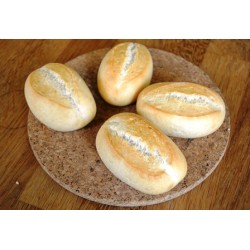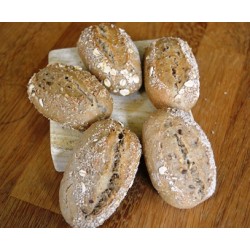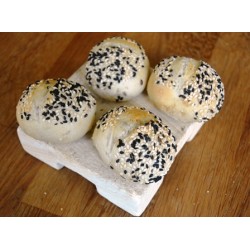Top 10 Reasons to Eat Sourdough Bread
- Home
-
Special Offer
-
 Ciabatta Roll
Rp 23,000View More
Ciabatta Roll
Rp 23,000View More
-
 Rustic White Roll
Rp 12,500View More
Rustic White Roll
Rp 12,500View More
-
 Rustic Dark Roll
Rp 23,500View More
Rustic Dark Roll
Rp 23,500View More
-
 Mediterranean Volkorn
Rp 20,500View More
Mediterranean Volkorn
Rp 20,500View More -
 Volkorn Roll with Sesame Seed
Rp 20,500View More
Volkorn Roll with Sesame Seed
Rp 20,500View More
-
 Marinated Chicken Leg
Rp 73,500View More
Marinated Chicken Leg
Rp 73,500View More -
 Marinated Spring Chicken
Rp 64,500View More
Marinated Spring Chicken
Rp 64,500View More
-
- Bakery
- Butchery
- Delicatessen
- Bistro
- Delivery
- Price List Download





Leave a comment
Log in to post comments